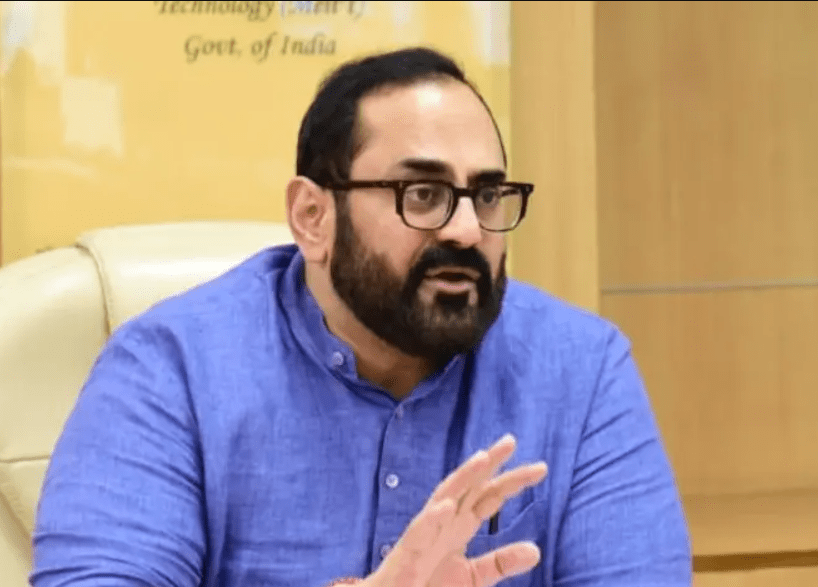Union Minister of State for Electronics and IT Rajeev Chandrasekhar on Sunday said that the government will not be able to violate the privacy of citizens under the proposed Data Protection Bill and the government would have access to personal data only in exceptional circumstances such as national security, epidemics, and natural disasters.
“Let us say that the government wants to violate citizens’ privacy with this law. Is it possible? That’s the question. The answer is no. The bill and laws lay out in very clear terms what are the exceptional circumstances under which the government can have access to the personal data of Indian citizens…. national security, pandemic, healthcare, natural disaster,” PTI quoted the Minister as saying.
“These are exceptions. Just like freedom of speech is not absolute and is subject to reasonable restriction, so is the right to data protection,” he added.
Chandrasekhar also said the proposed Data Protection Board (DPB) — which will adjudicate matters related to data protection — will be independent and will not have any government officer on the board.
“You will not find people like me or bureaucrats sitting on the Data Protection Board. It is important to understand that DPB is not a regulator. DPB is an adjudication mechanism to adjudicate a breach that has occurred. It is independent as the government will not be on the board,” he said.
On November 18, the Central Government released a draft of the Data Protection Bill which is expected to be tabled in the winter session of Parliament. The draft bill seeks public feedback as it is released three months after the government withdrew the Personal Data Protection Bill 2021 in which a parliamentary panel had sought 81 amendments.
According to the provisions of the Bill, the Center has the power to specify the countries to which organisations can transfer personal data. These companies will be allowed to send users’ data to servers in the countries which have been notified.
The government is also authorised to exempt state agencies which are processing data from the proposed law in the national interest. The Bill proposes fines of up to ₹2.5 billion for the failure of entities to take reasonable safety to prevent a data breach.
(With inputs from PTI)














